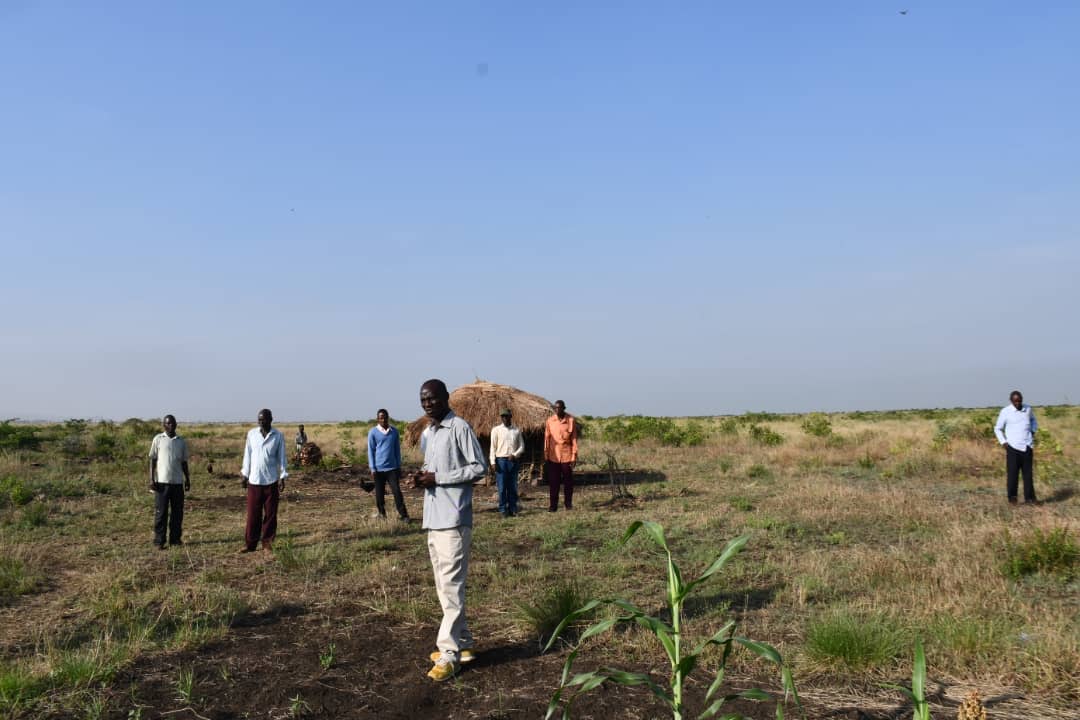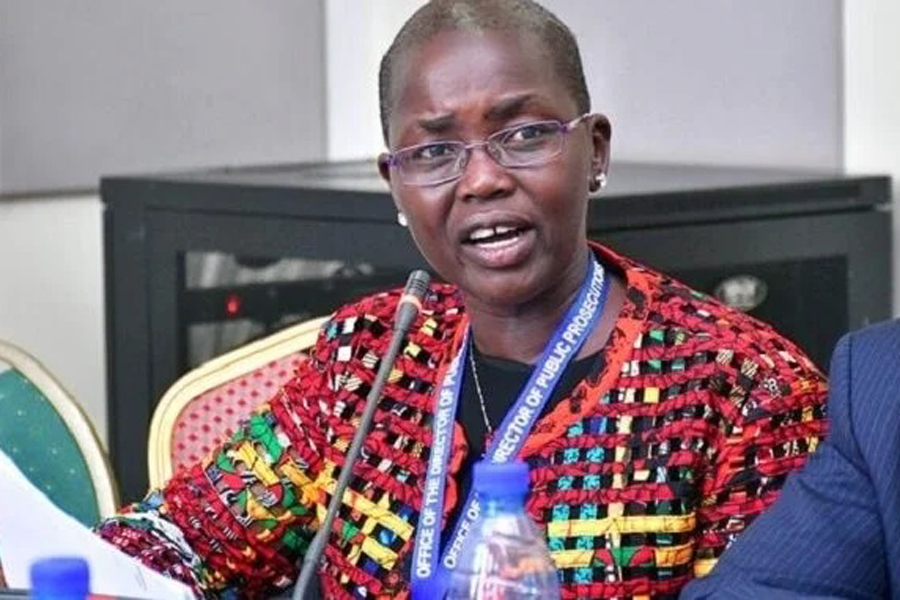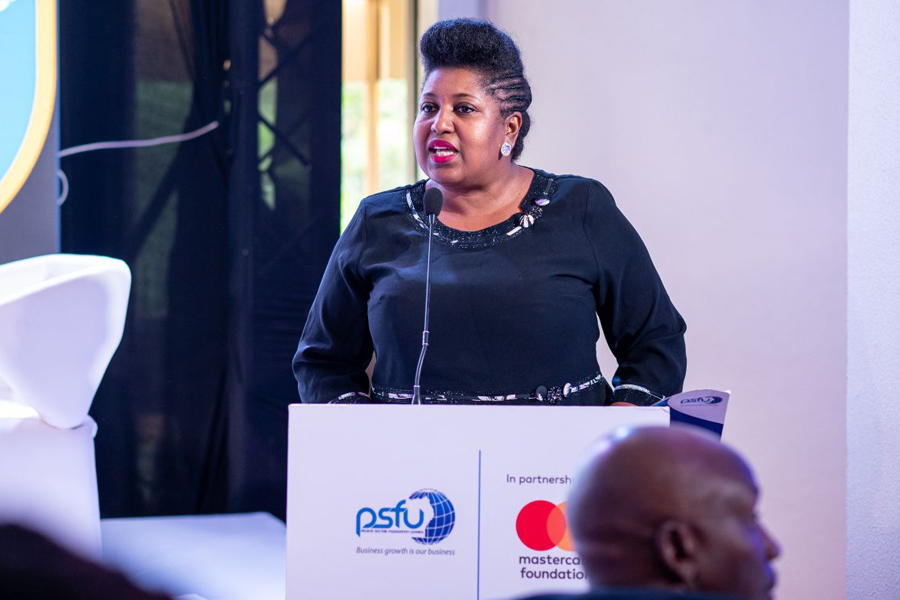Opinion: Here is how you can survive the quarantine challenge in Uganda
Long after it is defeated, this year's Coronavirus pandemic will leave short and long term scars physical and emotional we all have to deal with.
COVID-19 has caused stress, fear and anxiety on a scale not seen in nearly a century. The effects reach all age groups. If we needed a reminder, COVID-19 has shown us that different age groups react uniquely to stressful situations and how one responds can depend on internal and environmental conditions.
Keep Reading
Mental Health Uganda, an institution that offers counseling services to people undergoing mental disturbances, says that people who may be more strongly affected by this crisis include older people and those living with chronic conditions; people who are helping with the response like doctors and other health care providers, or first responders; people with intellectual or psychosocial disabilities.
People just out of quarantine are likely not only to deal with anger and sadness but also externally face stigma. Children and teenager are particularly confused and feel insecure.
As such, people will fear and worry about their own health and the health of loved ones. As a consequence, there will be changes in sleep or eating patterns, difficulty in concentrating, worsening of chronic health problems; and increased use of alcohol, tobacco, or other drugs.
Given the risk magnitude, there is no doubt that quarantine (self or institutional) is also necessary. It will however in most cases have some mental health impacts. They may include post-traumatic stress disorder (PTSD) symptoms, confusion, anger, stigma and discrimination (at individual and family level) and could in some instances be long-lasting.
That said, the mental health implications of isolation do not mean we shouldn’t quarantine. It is however important to put psycho-social support at the center of the quarantines as we follow advice from professionals, especially the Ministry of Health.
People with intellectual or psychosocial disabilities are among the most affected at periods of national and international crisis. The COVID 19 pandemic finds many of them in health facilities under institutional care. Coupled with a history of overcrowding, this presents grave risks for patients on admission.
There are also homeless Ugandans with mental disabilities on the urban streets, particularly in Kampala. They are faced with the merger of crises where homelessness and disease meet; a disease that dictates social distancing for which they can neither be assured of nor claim. What is clear though is that they are a population at enhanced risk!
In light of the above, Mental Health Uganda recommends the following:
Make public health communication accessible. Every person has the right to immediate and correct information on the epidemic and the measures they and their families should take.
Ensure there is accessible, inclusive, and hygienic health services. Facilities and services for quarantine should be fully accessible to persons with disabilities, including all information.
Ensuring that people with psychosocial disabilities are not left without essential support and human contact. This means that they should not be institutionalized during the COVID-19 pandemic era and should be treated on an equal rights basis with others.
Ensuring that people with psychosocial disabilities who are in institutions are provided with the necessary support. When visits to these institutions are banned and social distancing recommended, people who are already isolated will be among the most impacted. Therefore, nobody should be left without support, food and essential services.
KCCA and other urban authorities should include the needs of homeless people in the streets in their response to the coronavirus pandemic that would reduce their vulnerability. This should include access to straightforward information in an appropriate language; and providing resources for emergency shelters.
To people living with psychosocial disabilities, continue to adhere to professional advice, keep sufficient medication and seek support from family and friends/peers.
To the general public, there is a clear hopelessness around families, especially caregivers, many abruptly terminated from work due to social distancing; these are highly vulnerable to mental health problems due to all sorts of insecurities while prices soar. As some people say, the mind is a neighborhood they do not want to go into. Share accurate information; be there for others to cope with their stress, this will make communities stronger.
Individually, take breaks from watching, reading, or listening to news stories.
Hearing about the pandemic repeatedly can be unsettling; take care of your body; make time to unwind, take deep breaths, stretch, or meditate; try to eat healthy, well-balanced and timely meals.
Remember to exercise regularly especially indoors with yoga or dance; get plenty of rest and sleep, and avoid alcohol and drugs.
Get absorbed in activities such as drawing, compiling photographs; and keep in touch with people in whom you have confidence.













